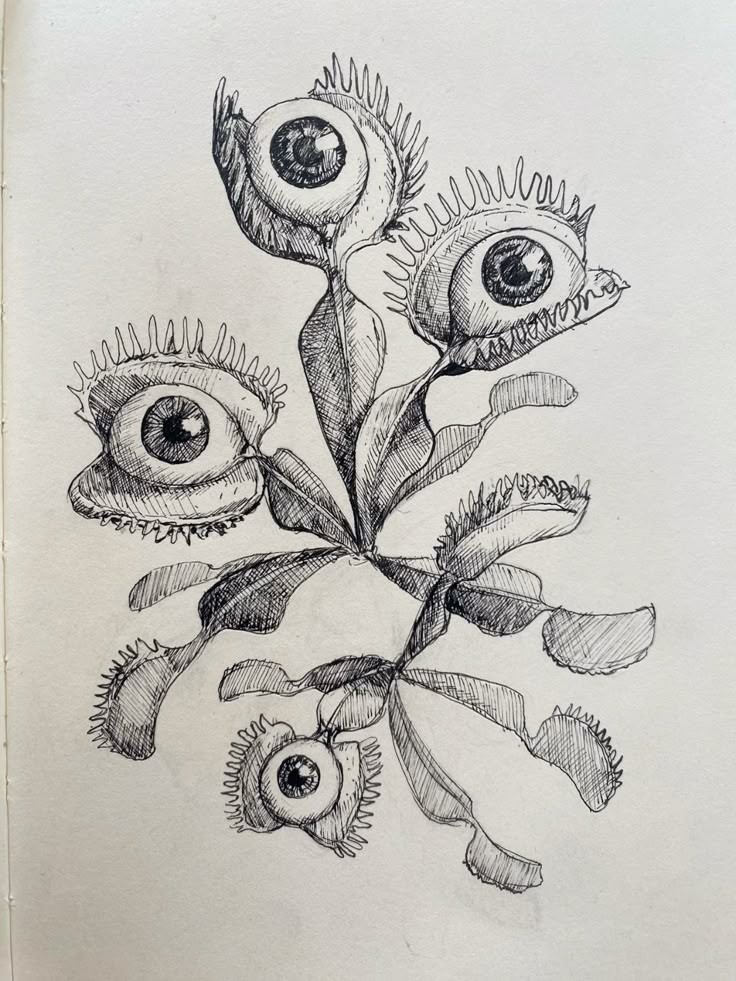
Why were we here now? Why were we laughing, talking, fighting, or maybe loving someone? Why did we do something that we think it's normal, even sometimes it happens without thinking beforehand.
And that is the question of the side of my brain part after I knew about the other people born and raised a better men, it was not a kind of desperate question, but it was the self-reflection before bed. And as an undergraduate human development student in the management program, the question feels needs to be answered or maybe explained by me then, until I found my favorite album from Pamungkas that I've heard before, then made me interested in researching that meaning, it's called Solipsism.
For some reason, I'm already looking for it in the other research journals that are maybe more objective, but the research now is part of the older before, and because there are so many research bout it, sometimes, making them contradict each other, so I met this word, solipsism.
"Lockdown made me live inside my head... that's where 'One Only' was born" (Close The Door podcast, 2022), so the solipsism reflects emotional isolation—questioning connections ("Is anyone truly real?") and existential doubt ("Am I the only one who exists?"). His album Solipsism (2022) explores this through lyrics like "Only me, only me" ("One Only"), framing it as a metaphor for modern loneliness.
And with the epistemology glasses, the solipsism was a Latin word for (solus)alone and (ipse)self, so we can explain it as a Only oneself truly exists; external reality may be an illusion or a creation of the subject's mind.
Methodological Solipsism (René Descartes) from his book Meditations on First Philosophy (1641), solipsism is A skeptical approach that questions everything except self-consciousness ("Cogito, ergo sum"). Solipsism challenges the certainty of external reality but is difficult to defend logically and practically. While it offers insight into the limits of knowledge, this view is generally rejected because of its extreme implications and incoherence with collective human experience.
Besides that, let me quote a science angle for this question with the theory of The Brain’s Reward System: Chasing the Next HighAt the core of our actions lies a simple truth: we’re wired to seek rewards. Neuroscientists have found that 90% of human behavior is driven not by the reward itself, but by the anticipation of it (Neuron, 2022). This is powered by dopamine, the brain’s "motivation molecule."Example: Scrolling social media isn’t about the content—it’s about the thrill of what might come next.Real-life impact: This explains why habits like snacking or procrastination are so hard to break. Our brains confuse wanting with liking. So, for this research, this may be contradictory, but I've come to a conclusion that overlaps with mine. There was a tendency to get something new that was called a reward, which means we were designed by the present and surrounded by people from the passed
And with those informations, I found I can conclude that we are what we were before, because there a various phenomena, stories, feelings, and anything else that influence what we do today, because even if we knew about something right or maybe the values that are already planted in we still can do the others which maybe the opposite. This is a complex question with that knowledge, but we knew that we can take many values here, because nothing can classify us appropriately, so why do we discredit ourselves for something we drive on?
We are born to be something. Many people around the globe live in different situations from us; sometimes it feels better than us, and sometimes it doesn't, but there's no reason to be in the same position, same values, or maybe the same in our parents' eyes. Then let's take a step forward with the walk the talk, not only talk the talk, and find a lesson to grow
And that is my self-reflection. I wish that you find a value to read, thanks